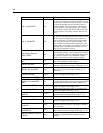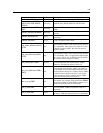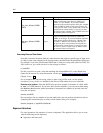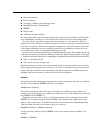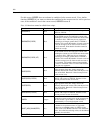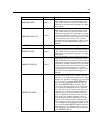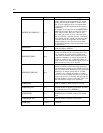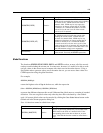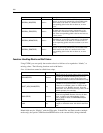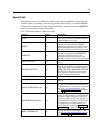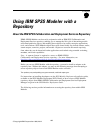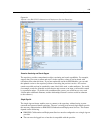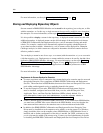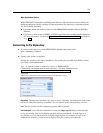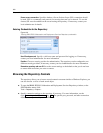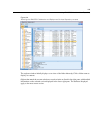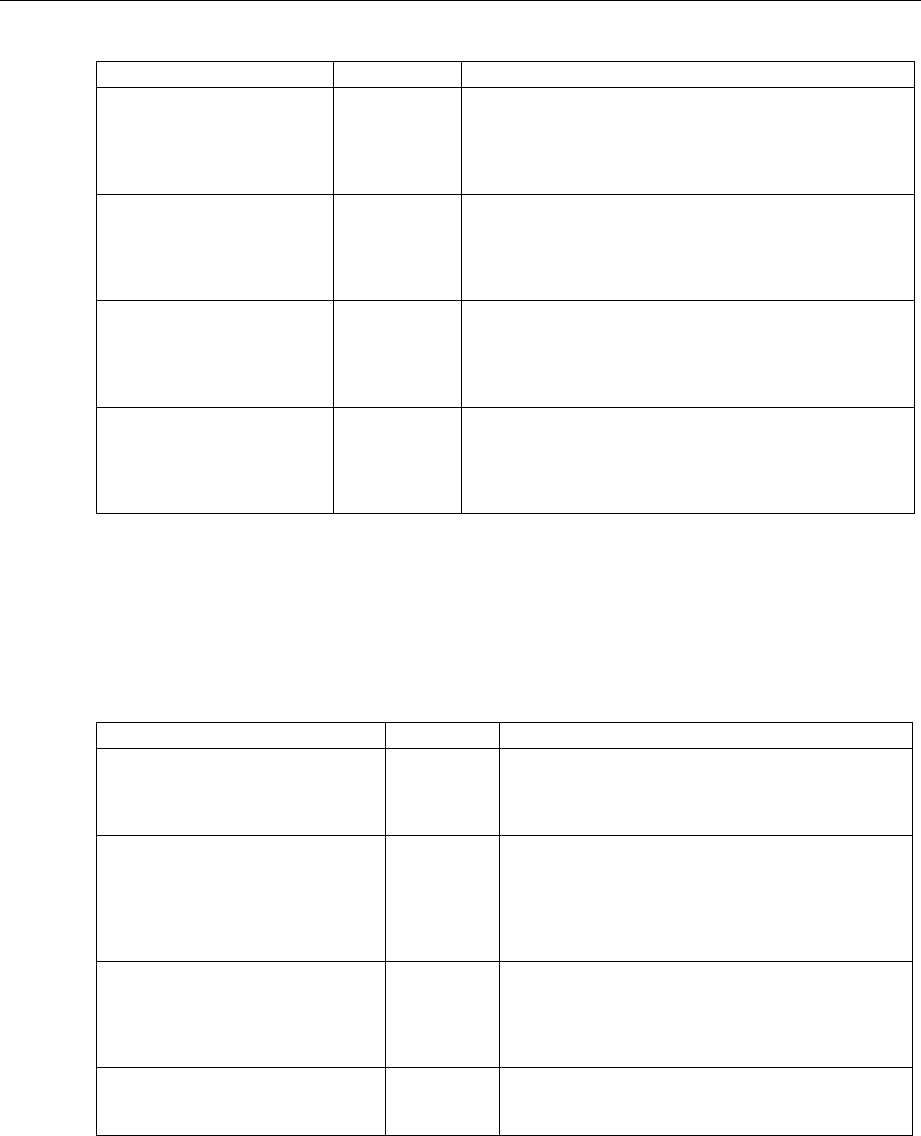
156
Chapter 8
Function
Result
Description
@GLOBAL_MIN(FIELD)
Number
Returns the minimum value for FIELD over the whole
data set, as previously generated by a Set Globals node.
FIELD must be the name of a numeric field. If the
correspon ding global val ue h as not been set, an error
occurs.
@GLOBAL_SDEV(FIELD)
Number
Returns the standard deviation of values for FIELD over
the whole data set, as previously generated by a Set
Globals node. FIELD must be the n ame of a num eric
field. If the corresponding global value has not been set,
an error occurs.
@GLOBAL_MEAN(FIELD)
Number
Returns the mean average of values for FIELD over the
whole data set, as previously generated by a Set Globals
node. FIELD must be the name o f a numeric field. If
the corresponding global value has not been set, an error
occurs.
@GLOBAL_SUM(FIELD)
Number
Returns the sum of values f or FIELD over the whole
data set, as previously generated by a Set Globals node.
FIELD must be the name of a numeric field. If the
correspon ding global val ue h as not been set, an error
occurs.
Functions Handling Blanks and Null Values
Using CLEM, you can specify that certain values in a field are to be regarde d as “blanks,” or
missing values. The following functions work with blanks.
Note: @ functions cannot be called from scripts .
Function
Result
Description
@BLANK(FIELD)
Boolean
Returns true for all records whose values are blank
according to t he blank-handling rules set in an
upstream Type node or source n ode (Types tab).
Note that this function cannot be called from a script.
@LAST_NON_BLANK(FIELD)
Any
Returns the last value for FIELD that was not blank,
as define
d in an upstream source or Type node.
If the re are no no nblank values fo r FIELD in the
records read so far, $null$ is returned. Note that
blank va
lues, also called user-missing values, can be
defined separately for each field.
@NULL(FIELD)
Boolean
Returns true if the value of FIELD is the
system-missing $null$. Ret urns false for all other
values, including user-defined blanks. If you
want to check for both, use @BLANK(FIELD)and
@NULL(FIELD).
undef
Any
Used generally in CLEM to enter a $null$ value—for
example, to fill blank values with nulls in the Filler
node.
Blank fields may be “filled in” with the Filler node. In both Filler and Derive nodes (multiple
mode only), the specia l CLEM function @FIELD ref ers to the current field(s) being e xamined.



